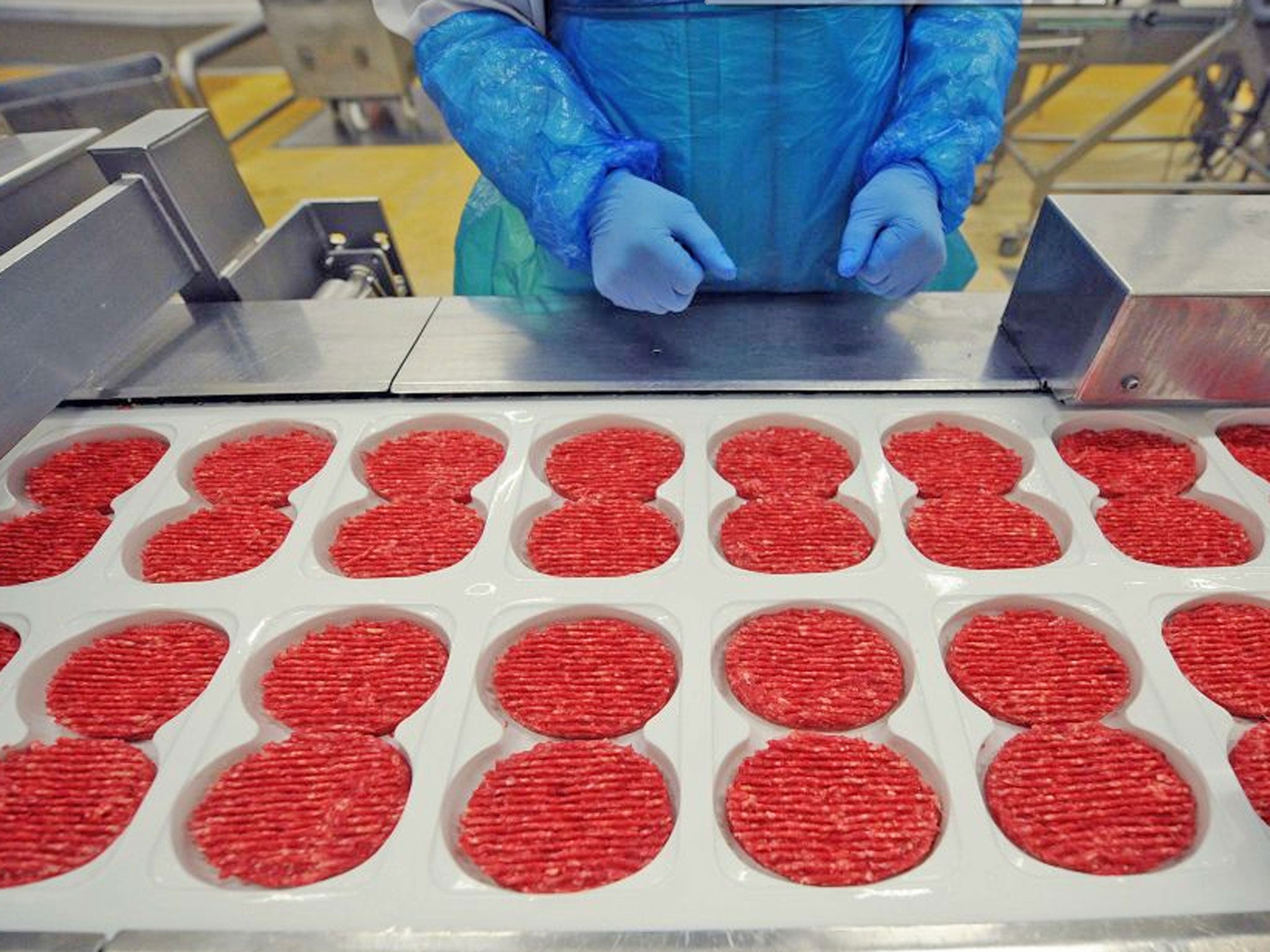From horse to lasagne: Findus, supply chains, and why buying local is the answer in an ideal world only
Labyrinthine supply chains exist for a reason - to fill a demand for cheap meat

“How did the horse get in the lasagne?” The question prompted by last week’s news might be phrased in the child-like style of a Rudyard Kipling Just So story ('How did the camel get its hump' etc), but unlike Kipling’s myths of a new-born earth, the tale of Findus and its compromised beef products is emblematic of a very modern and very complicated civilisation.
We know several things about Findus’ lasagnes. We know that instead of minced beef they contained up to 100 per cent minced horse. We know that the gamey taste of horse was disguised by lashings of tomato and béchamel.
We also know that the chain that brought the substitute beef into the UK is under extreme scrutiny right now and is still hard to make head or tail of. From the evidence collected, it seems the horse “got in the lasagne” because Findus’s French supplier, Comigel, used another sub-supplier, as yet unnamed, who sourced their meat from Romania, where a criminal gang may have swapped real beef (regulated and therefore expensive) for far cheaper horse meat. Everyone currently blames everyone else.
This snapshot of globalisation’s underbelly is not an appetising one. It’s difficult to fathom the number of kilometres a horse must travel from being alive (clip, clop, neigh) to it becoming a gristly part of a cheap frozen lasagne; and in another dark twist on the globalisation theme, some reports note that the Romanian government’s recent ban on horses-and-carts on the highway may explain the sudden proliferation of cheap horsemeat.
As the story is on the whole not particularly appetising, it has met with a predictable response from MPs. Conservative chair of the environment, food and rural affairs committee Anne McIntosh said on Sunday the message from this scandal was to “buy British”. We should be “buying as local as possible”, she added, and “buying fresh meat from the butcher, the farm shop and the supermarket”.
McIntosh here speaks in that realm politicians sometimes enter in to that’s only loosely connected to real life. She is right that British abattoirs haven’t been implicated and therefore are preferable for the moment. But the underlying “localism” agenda of the speech doesn’t stand up, or at least it only does in an ideal world. There is no question that it is infinitely preferable to buy fresh meat and cook up a lip-smacking dinner; but for many people (students and those poor in money or time) that’s not an option – it never has been and is unlikely ever to be.
These labyrinthine supply chains exist for a reason. They bring cheap meat into the country to fill a demand for cheap meat. That possibly criminal subterfuge undermined one is reason to redouble checks and balances, it is not reason to harp on a green and pleasant land where everybody eats their local sheep.

Join our commenting forum
Join thought-provoking conversations, follow other Independent readers and see their replies